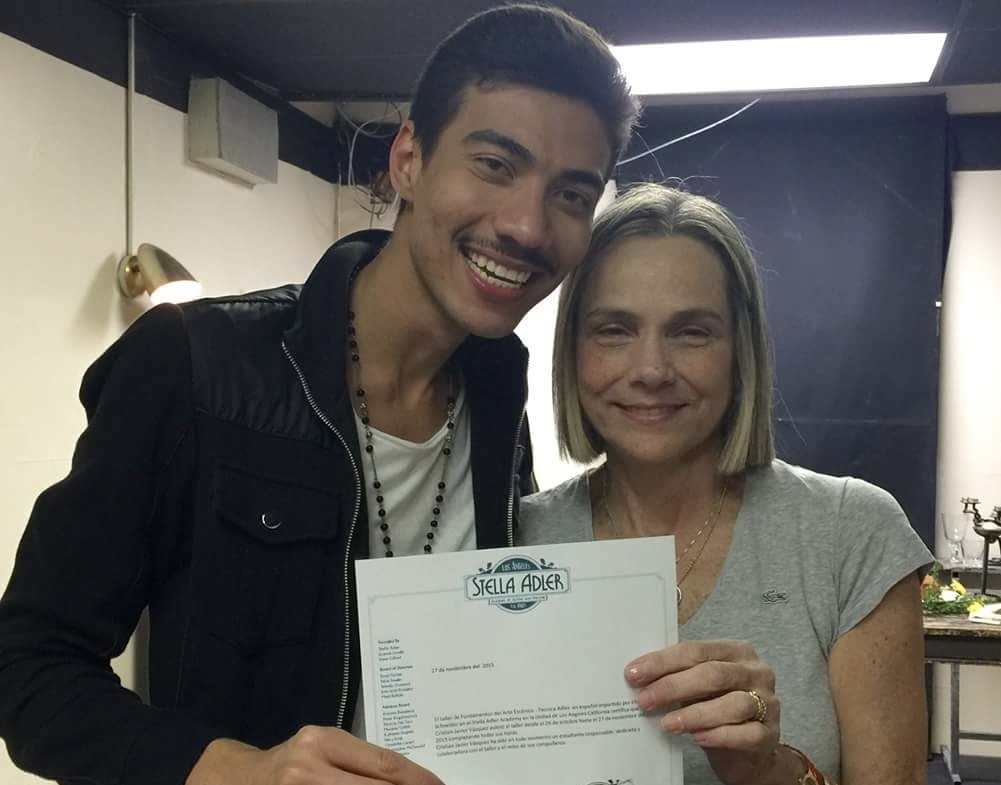(RIVERSIDE, Calif.) — Two years ago, Sudarsan Raghavan of the Washington Post visited the village of Raqah, Yemen, one month after an airstrike. It was also one month after a wedding.
The bride’s father showed the reporter the site where the celebration had been in full swing when the bomb hit. Now, the area was “covered with children’s slippers, broken musical instruments, pieces of festive clothing and other detritus of destroyed lives,” Raghavan wrote. “Teeth, still attached to the jawbone, lay near some tattered decorations.”
In 2018, it was three years into Yemen’s civil war. Raghavan lays out the facts: Villagers told him 22 civilians were killed — eight were children — and many more were injured, adding to the 16,000 civilian deaths and injuries owed largely to airstrikes since the war began.
A direct line can be drawn between Washington D.C. and Raqah through U.S. support for the coalition backing the ousted Yemeni government as it clashes with Houthi rebels, he wrote. That coalition, steered by Saudi Arabia and the United Arab Emirates, receives intelligence, fuel, munitions, and more from countries including the United States.
The Post’s story of tragedy in Raqah — unfortunately not unique — is unquestionably an act of journalism, but is it also an act of advocacy? Perhaps not in its aim, but certainly in its impact, even if inadvertent.
By illustrating the human cost of American involvement, reporting like this led to increasing pressure to end U.S. military aid to Saudi Arabia. Further spurred by the 2018 murder of journalist Jamal Khashoggi, Congress voted twice, once in 2018 and once in 2019, to end this assistance. Both attempts failed, though not for a lack of bipartisanship — the key impediment is the president’s consistent support for Saudi Arabia, even after Khashoggi’s death.
In more overt pieces of advocacy, Human Rights Watch has written about the crisis in Yemen extensively, researching widely, documenting incidents thoroughly, and imploring us to “stop looking the other way.” In fact, Raghavan’s article cites HRW and Amnesty International, who found U.S.-made weaponry at bombsites where civilians had been killed or injured.
Raghavan’s work is not meant to advocate. Though it clearly leaves the reader with the sense that what has happened in Raqah is egregious and the United States shares responsibility, it does not violate my interpretation of journalism ethics because its advocacy is a byproduct of factual, humane reporting. After outlining the conflict and detangling the details of U.S. involvement for the reader, Raghavan takes the time to write about the individuals who were killed — the dancers, the musicians, the children.
“The living, too, are in bad shape,” he wrote. “Some of Raqah’s residents have lost their hearing. Children have lost limbs, while others carry shrapnel inside their bodies. The nearest hospital is in the provincial capital, and most villagers cannot afford the three-hour journey.” The heartbreaking list goes on, and Raghavan writes with skill but no flourish — the events need none, and to include it would feel exploitative.
We are compelled solely by what Raghavan witnesses, which he describes without risking the paper’s objectivity. It’s not unlike what happened when radio broadcaster Edward R. Murrow dipped his microphone toward the pavement to capture the footsteps of real human beings scrambling for shelter during the bombing of London.
War ceased to be an abstraction when these sounds entered American living rooms. Inadvertently, Murrow advocated for the end of American neutrality in World War II, and he did so by sharing both the plight and pluck of the British people. Raghavan’s reporting, both factual and deeply humane, is no different.

